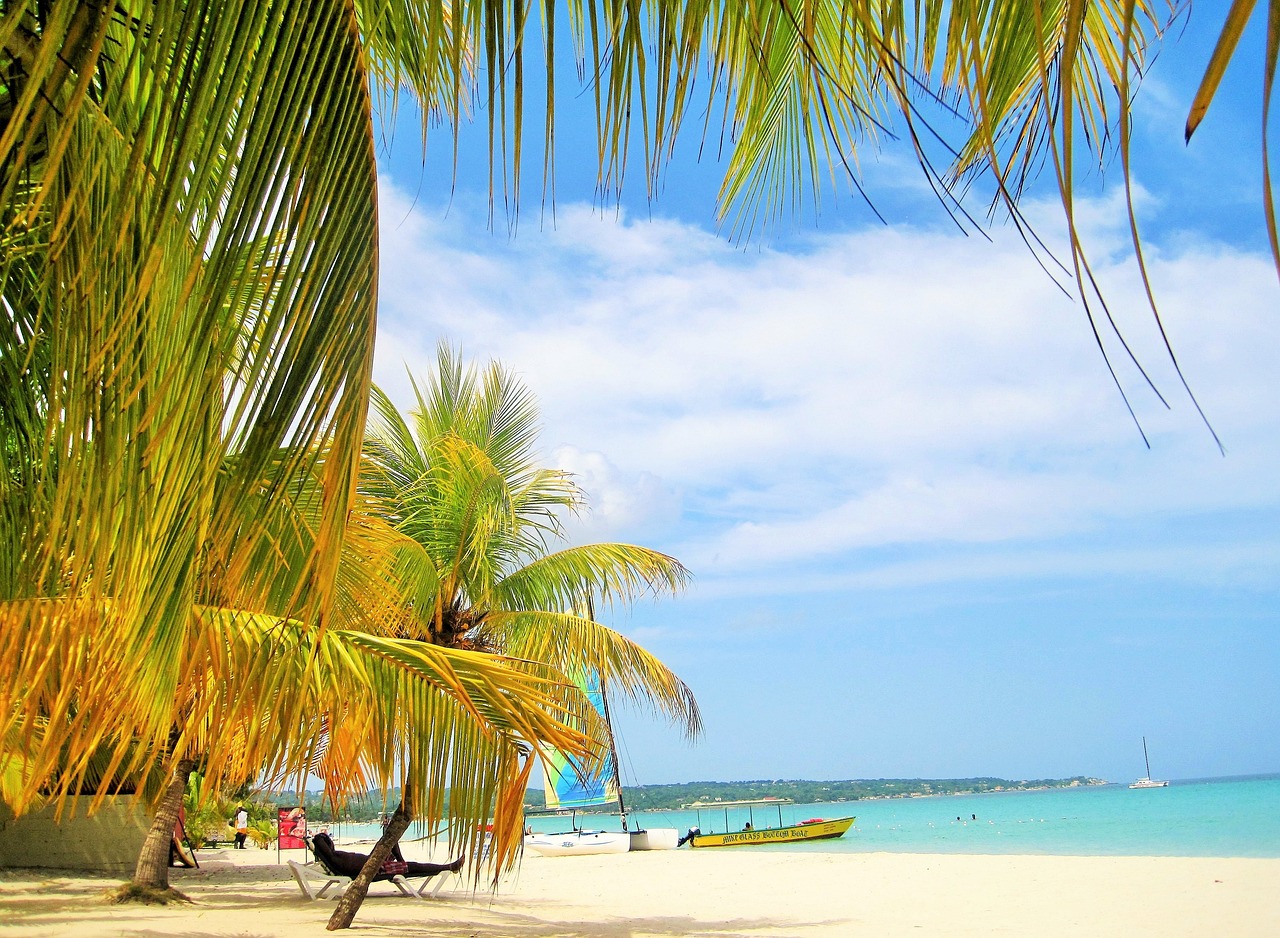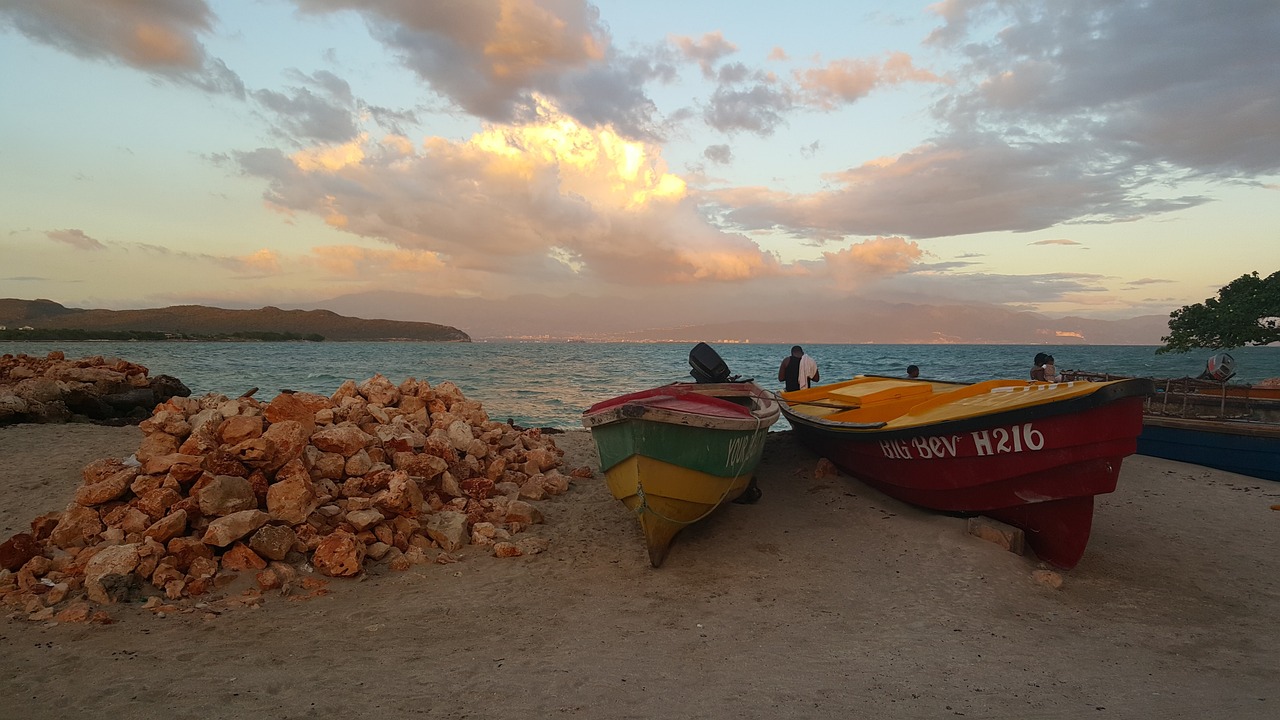Coping with Power Outages: Being Prepared in Jamaica
Power outages can occur unexpectedly, disrupting daily life and causing inconvenience. In Jamaica, where power supply can be unreliable at times, it is essential to be prepared for such situations. By taking proactive measures and having a plan in place, you can minimize the impact of power outages on your daily routine. This article will guide you through various aspects of coping with power outages in Jamaica, providing you with the information you need to be prepared.
Understanding the Jamaican Power Grid
To effectively cope with power outages in Jamaica, it is important to understand the country’s power grid system. The Jamaican power grid is primarily operated by the Jamaica Public Service Company (JPS). The power supply in Jamaica predominantly comes from fossil fuel-based sources, such as oil and natural gas, with a small percentage generated from renewable sources like hydroelectricity and wind power. The power grid is divided into different regions, and outages can occur due to various reasons, such as equipment failure, maintenance, or severe weather conditions.
- Equipment Failure: Aging infrastructure and equipment malfunctions can lead to power outages in Jamaica. Regular maintenance and upgrades are necessary to minimize the risk of equipment failure.
- Maintenance: Scheduled maintenance is essential for the smooth operation of the power grid. During maintenance activities, power outages may be planned in advance to ensure the safety and efficiency of the system.
- Severe Weather Conditions: Jamaica is prone to severe weather events, including hurricanes and tropical storms, which can cause significant damage to power infrastructure and result in widespread outages.
Creating an Emergency Preparedness Kit
Having an emergency preparedness kit is crucial to cope with power outages in Jamaica. Your kit should contain essential items that will help you navigate through the outage and ensure your safety and comfort. Here are some items to include in your kit:
- Flashlights and Batteries: Keep multiple flashlights with extra batteries readily available. This will ensure you have a reliable source of light during the outage.
- Battery-powered Radio: A battery-powered radio will keep you updated on the latest news and emergency alerts during a power outage.
- Non-perishable Food and Water: Stock up on non-perishable food items, such as canned goods and granola bars, as well as an ample supply of bottled water.
- First Aid Kit: A well-stocked first aid kit is essential in case of any injuries or medical emergencies during a power outage.
- Backup Power Source: Consider investing in a portable generator or an uninterruptible power supply (UPS) to provide temporary power to essential devices and appliances.
Ensuring Communication and Connectivity
During a power outage, it is essential to maintain communication and connectivity to stay informed and connected with loved ones. Here are some tips to ensure communication and connectivity:
- Mobile Phone and Chargers: Keep your mobile phone fully charged and have spare chargers available. Consider investing in a portable power bank to extend your device’s battery life.
- Alternate Communication Methods: In addition to mobile phones, consider having alternative communication methods, such as a landline phone or a two-way radio.
- Offline Entertainment: Prepare offline entertainment options, such as board games, books, or puzzles, to keep yourself and your family entertained during the outage.
Managing Food and Cooking
During a power outage, it is important to have a plan for managing food and cooking without electricity. Here are some tips to help you in this regard:
- Minimize Refrigerator and Freezer Opening: Keep the doors of your refrigerator and freezer closed as much as possible to maintain the temperature and preserve perishable items.
- Use Coolers: Transfer essential perishable items to coolers with ice to keep them fresh for a longer duration.
- Cooking Alternatives: Have alternative cooking methods available, such as a gas stove, charcoal grill, or camping stove. Ensure proper ventilation when using these appliances indoors.
- Stock Non-perishable Food: Keep a supply of non-perishable food items that require minimal or no cooking, such as canned goods, granola bars, and dry snacks.
Staying Safe During Power Outages
Safety should be a top priority during power outages. Here are some safety measures to follow:
- Unplug Electronics: Unplug sensitive electronics and appliances to protect them from power surges when the power is restored.
- Avoid Candles: While candles may provide light, they pose a fire hazard. Opt for battery-powered or solar-powered lights instead.
- Use Generators Safely: If using a generator, follow the manufacturer’s instructions and place it outdoors in a well-ventilated area to prevent carbon monoxide poisoning.
- Be Cautious with Food: Discard perishable food items that have been exposed to unsafe temperatures for an extended period during the outage.
Jamaica Image 1:

Restoring Power and Reporting Outages
During a power outage, it is crucial to stay informed about the restoration process and report any outages promptly. Here’s what you need to know:
- Check JPS Updates: Stay updated on power restoration efforts by checking the official website or social media channels of the Jamaica Public Service Company (JPS).
- Report Outages: If you experience a power outage, report it to the JPS through their designated channels, such as their customer service hotline or online reporting system.
- Be Patient: Power restoration efforts may take time, especially during severe weather events or extensive infrastructure damage. It is important to remain patient and understanding.
Jamaica Image 2:

Community Support and Assistance
During prolonged power outages, communities often come together to support each other. Here are some ways to seek assistance and provide support:
- Check with Neighbors: Reach out to your neighbors to see if they need any assistance or if they have any resources that can be shared.
- Community Centers and Shelters: Local community centers or shelters may provide assistance during power outages, including access to charging stations or temporary accommodation.
- Volunteer Organizations: Connect with local volunteer organizations that provide aid during emergencies. They may offer support with food, water, or other essential supplies.
Jamaica Image 3:

Conclusion
Power outages can be challenging, but with proper preparation and a proactive approach, you can cope effectively. Understanding the Jamaican power grid, creating an emergency preparedness kit, ensuring communication and connectivity, managing food and cooking, staying safe, and seeking community support are key elements to navigate power outages in Jamaica. Remember to stay informed, report outages, and be patient during the restoration process. By following these guidelines, you can minimize the impact of power outages and ensure the safety and well-being of yourself and your loved ones.
References
– Jamaica Public Service Company (JPS): www.myjpsco.com
– Office of Disaster Preparedness and Emergency Management (ODPEM): www.odpem.org.jm


